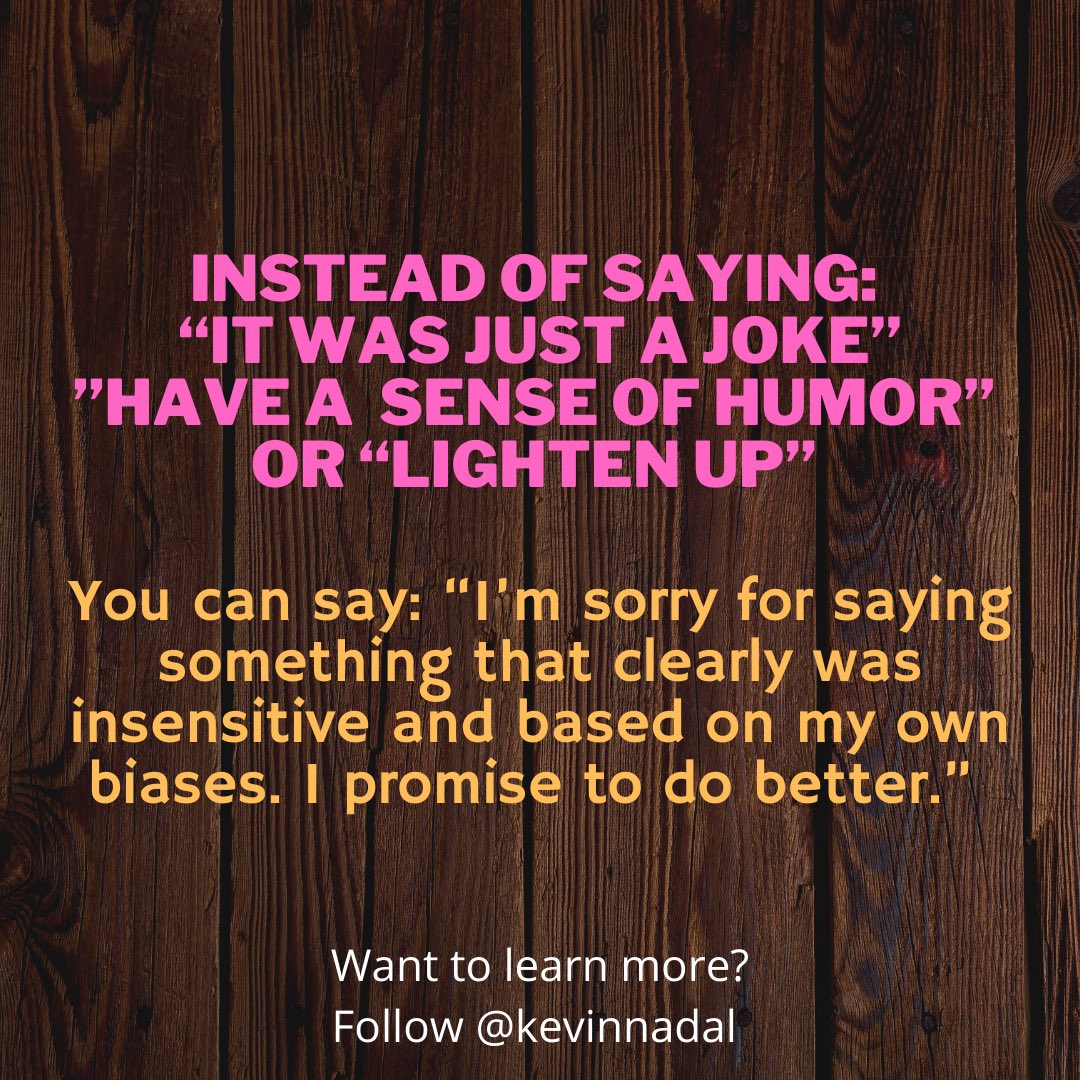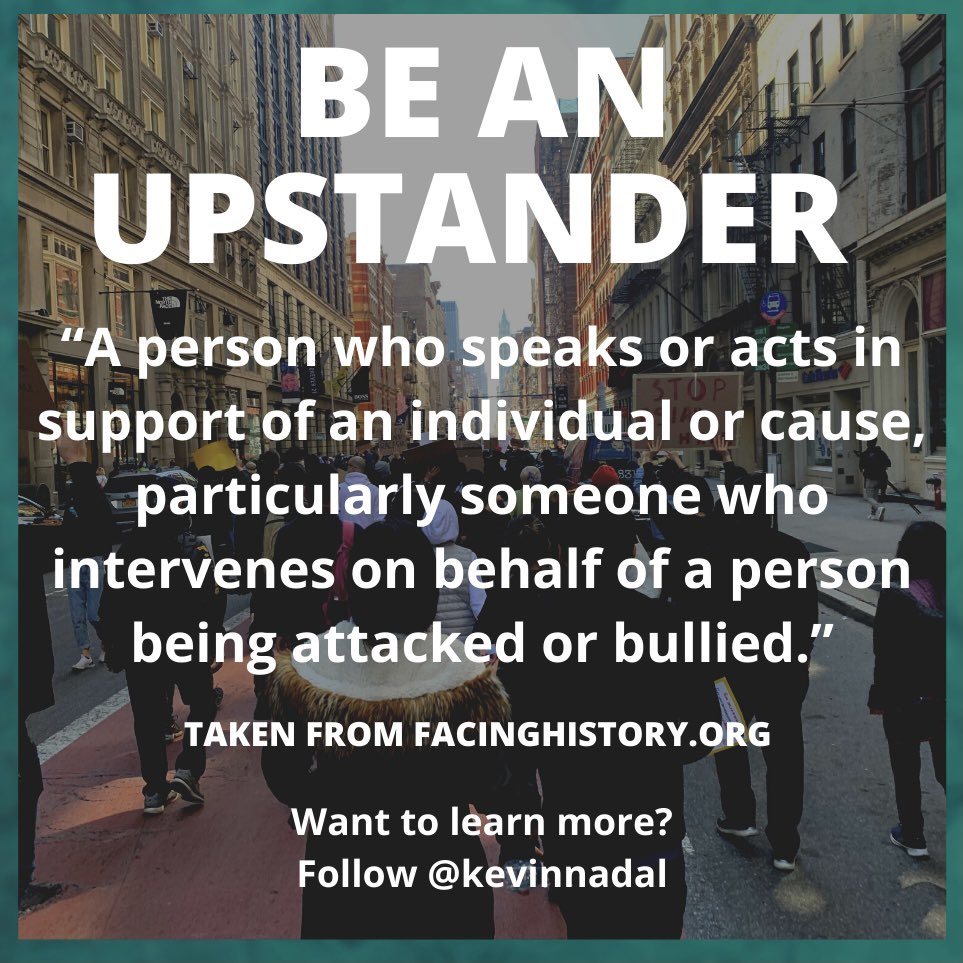
In case IG & Facebook go down again, here is some content for #FilipinoAmericanHistoryMonth!
Throughout the month of October, I’ll be sharing my #FAHMSyllabus, which will include some of my favorite resources for learning about Filipina/x/o American history and experiences.

Throughout the month of October, I’ll be sharing my #FAHMSyllabus, which will include some of my favorite resources for learning about Filipina/x/o American history and experiences.

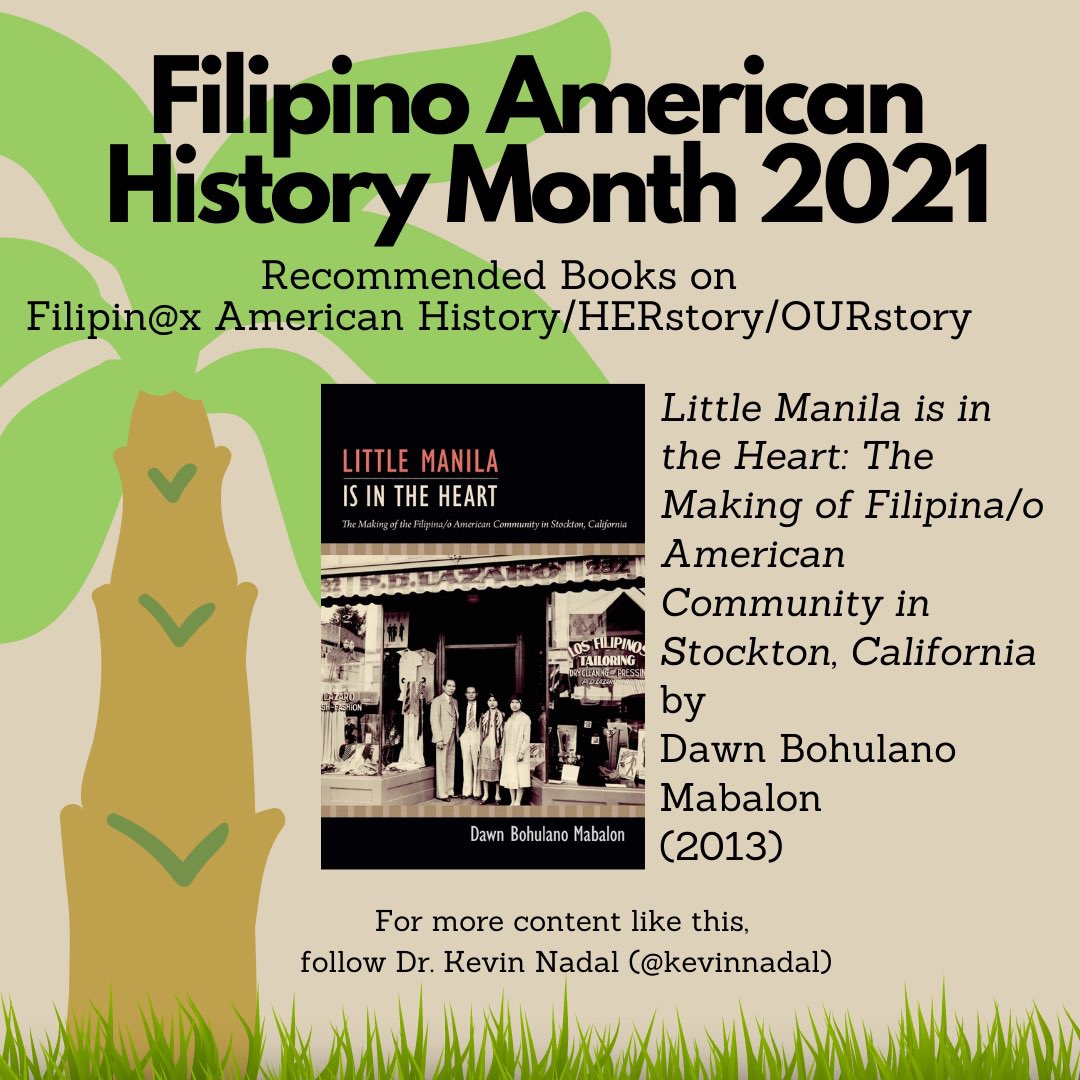
Today, we begin with history books and historical memoirs! These are books that are written about (and in) different time eras - all by Pin@y authors! #FAHM #FAHM2021 






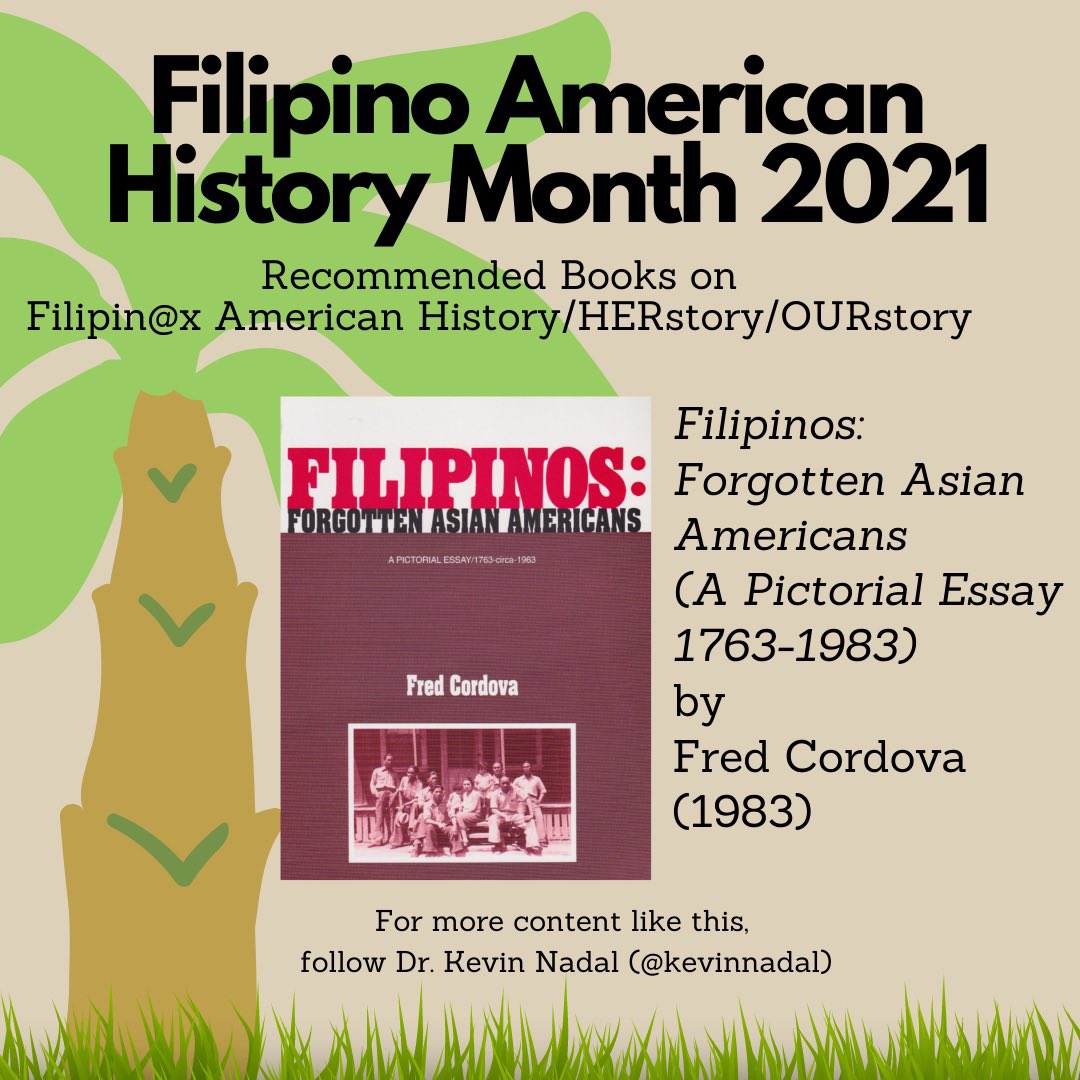
I’ll also share some of my favorite essays, research articles, films, poetry, novels, and more! But for now, here are the history recommendations! #FilipinoAmericanHistory is American History! #FAHM @fanhs_national 




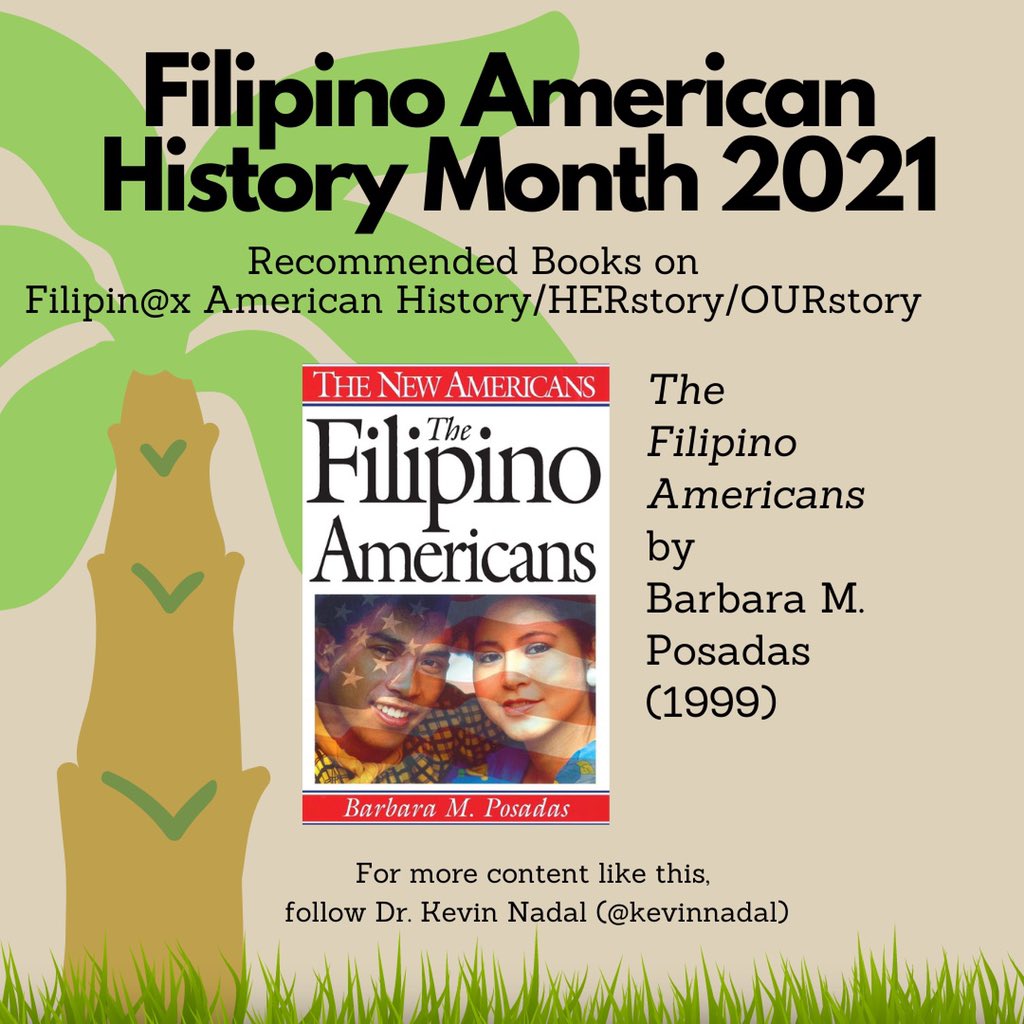


The #FAHMSyllabus continues for #FilipinoAmericanHistoryMonth!
Here are resources for learning about Filipina/x/o American experiences in psychology, education, & activism. All written by Pin@y authors, these selections range from out-of-print titles to current radical texts.

Here are resources for learning about Filipina/x/o American experiences in psychology, education, & activism. All written by Pin@y authors, these selections range from out-of-print titles to current radical texts.


Thank you to my colleagues/ kababayan/ friends for continuing to inspire us and provide resources for our community!
#FAHM #FAHM2021 #FilAmAcademia #FilipinoAmericanHistory



#FAHM #FAHM2021 #FilAmAcademia #FilipinoAmericanHistory




• • •
Missing some Tweet in this thread? You can try to
force a refresh















